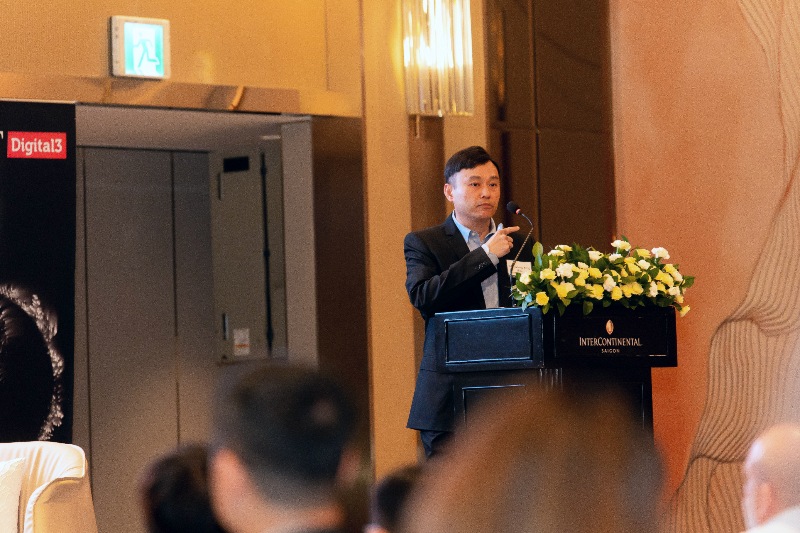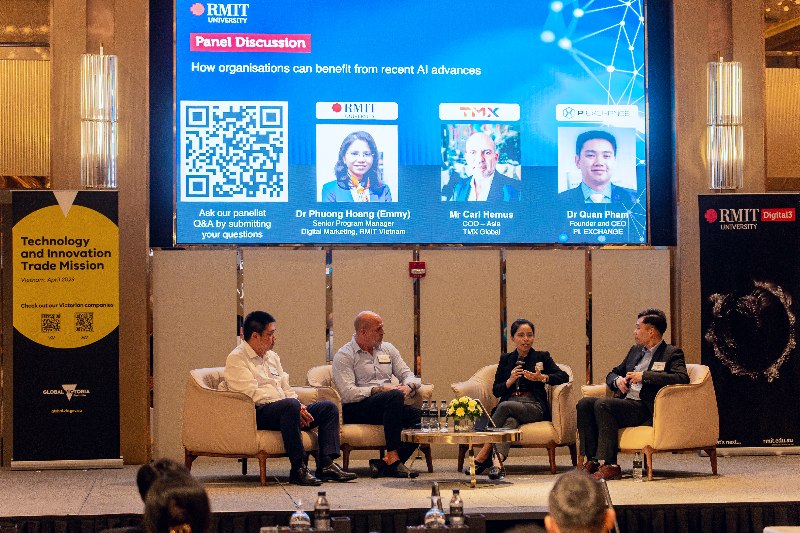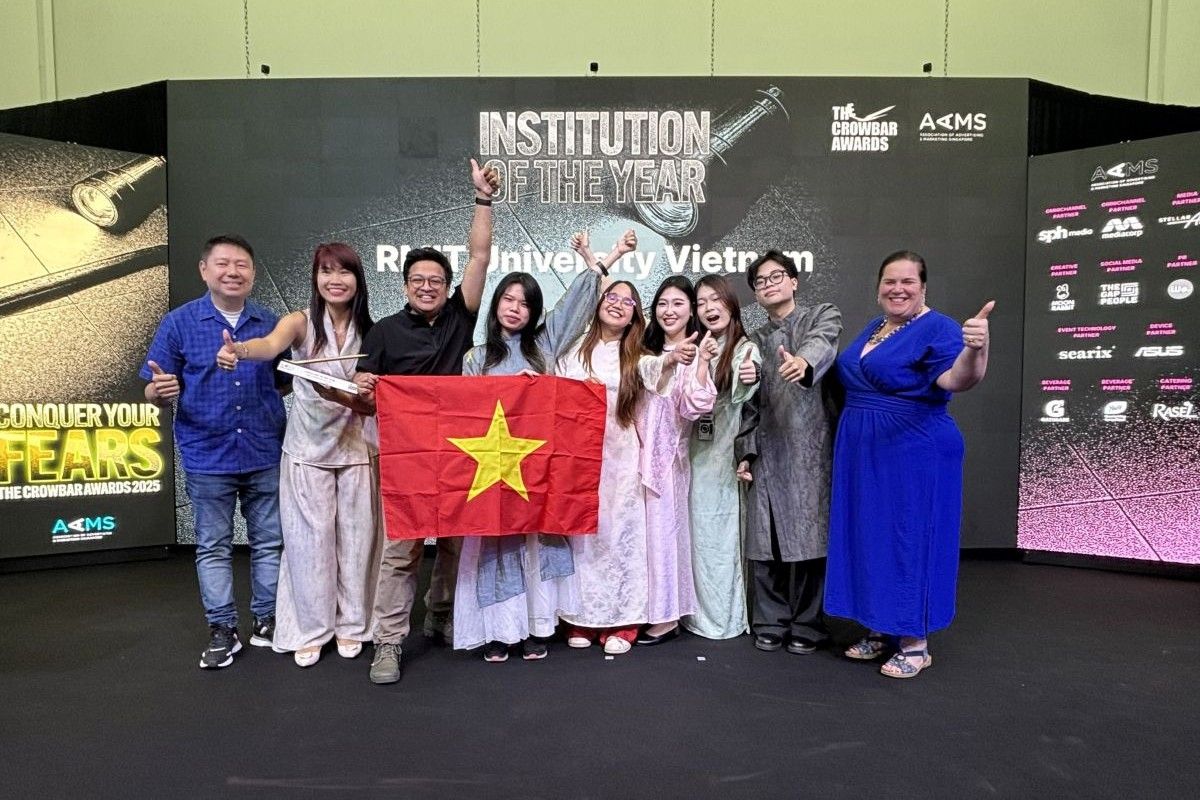RMIT Director of Enterprise AI and Data Analytics Hub Professor Kok-Leong Ong said, “the great thing about generative AI is that the technology is currently quite accessible to all.”
“Unlike early days of AI developments where you need significant in-house investment, this time round we are getting AI as a service. Businesses or anyone can easily tap into its capabilities and customise it for their own purpose,” Professor Ong added.
He also shared an example: “If you are a small tourist operator, you can connect ChatGPT to provide responses from enquiries around the world, such as suggesting personalised tours for customers. This back and forth can be time consuming and expensive to get humans to do.
“ChatGPT can replace this and reduce the number of humans in this process. And when the prospective customer is finally happy, the human can come into the picture to book the plane ticket, tours, and hotels.”
Professor Kok-Leong Ong pointed out potential challenges of using AI: “Businesses will still need to invest and understand what the technology is capable of. Using technology is the easy part, meanwhile, embedding business policies and legislative requirements from local governments into the AI as part of business workflow is much more difficult.
“Since companies are using another service, they also have to deal with the usual challenges, such as service level agreements, maintenance, and updates. Therefore, using something like ChatGPT is not a one-off investment but rather, companies still need to constantly maintain the technology like any digital system.”
Maximising efficiency in business with generative AI
Expectations from Vietnamese consumers and end users will rise. In a globalised economy, as Vietnamese become more well-travelled, they will expect to see similar level of efficiencies and service levels. Therefore, enterprises will need to embrace AI at some point in time.







